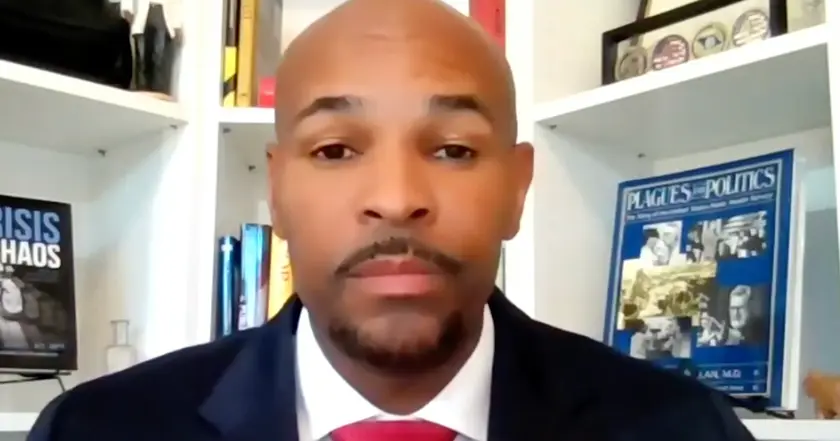T4K3.news
Funding for mRNA vaccines canceled by Kennedy
Nearly $500 million in mRNA vaccine funding is halted, affecting future health advancements.
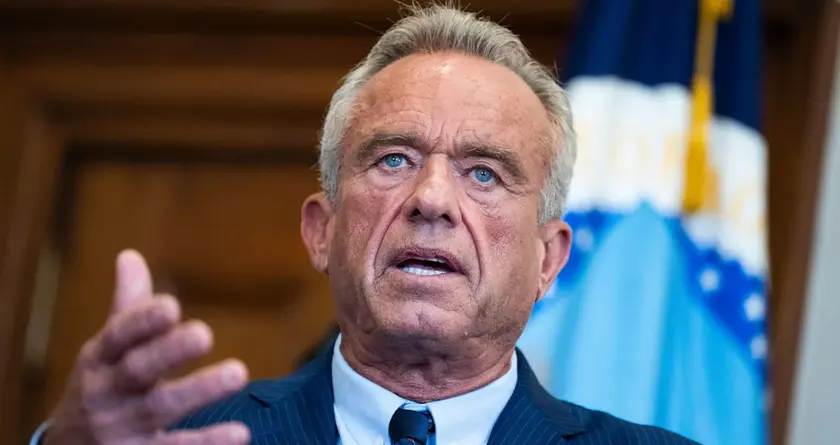
Significant cuts to mRNA vaccine funding raise concerns as new therapies emerge.
Kennedy halts mRNA vaccine funding amid potential breakthroughs in other treatments
Health Secretary Robert F. Kennedy Jr. announced plans to cancel nearly $500 million in federal funding for mRNA vaccine development, stating concerns about the risks outweighing the benefits for respiratory diseases like COVID-19. This decision affects 22 projects funded by the Biomedical Advanced Research and Development Authority (BARDA), leading to a freeze on new mRNA initiatives. While existing projects at final stages may continue, critics emphasize that this move jeopardizes future preparedness for health crises. Numerous studies advocate for the efficacy of mRNA vaccines, contrasting Kennedy’s claims. Furthermore, promising applications have emerged, including potential mRNA vaccines for HIV and flu, highlighting the technology's broader implications beyond COVID-19.
Key Takeaways
"Cutting mRNA development now puts every American at greater risk."
Rick Bright critiques the funding cuts, highlighting the risks involved.
"This isn’t just about vaccines. It’s about whether we’ll be ready when the next crisis hits."
Rick Bright emphasizes the broader implications for public health preparedness.
"Does that mean it’s negative for the world? Not necessarily."
Kate Bingham presents a nuanced view on the global implications of U.S. funding cuts.
"mRNA vaccines have been found to be just as effective as other vaccines."
This counters Kennedy's claims regarding the effectiveness of mRNA vaccine technology.
The decision to withdraw funding for mRNA technologies illustrates a significant shift in U.S. health policy, particularly as the technology has shown remarkable success against COVID-19. Critics, including former BARDA head Rick Bright, warn that cutting mRNA funding now could leave the country vulnerable to future pandemics. The implications extend beyond American borders, as global health initiatives seeking to harness mRNA for diseases like HIV and cancer may also be undermined. While hopeful researchers continue to explore mRNA's potential, the loss of governmental support raises concerns about the pace of innovation in vaccine development.
Highlights
- Cutting mRNA funding puts every American at greater risk.
- Halting mRNA vaccine projects is a setback for global health initiatives.
- Without funding, can we expect timely responses to future health crises?
- A rollback in U.S. support could hinder global mRNA breakthroughs.
Concerns over funding cuts for mRNA research
The cancellation of funds raises serious issues regarding future pandemic preparedness and health innovations. This decision could impact mRNA projects globally, limiting advancements in critical health areas.
The future of mRNA technology now hangs in the balance as scientists look to overcome funding barriers.
Enjoyed this? Let your friends know!
Related News
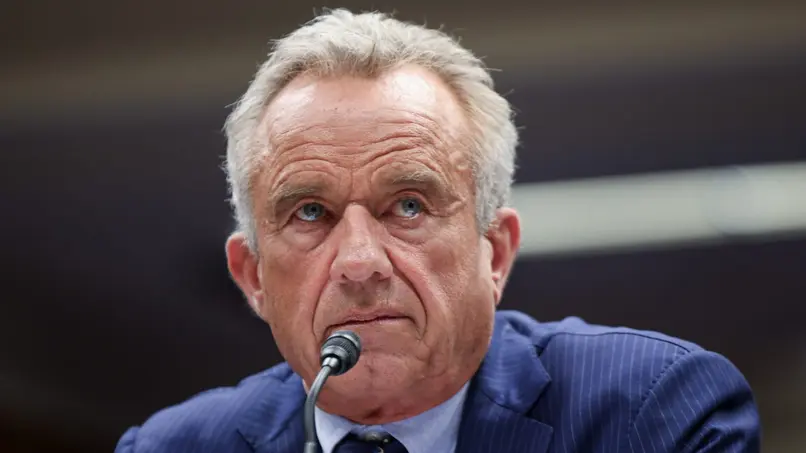
Kennedy cancels mRNA vaccine funding
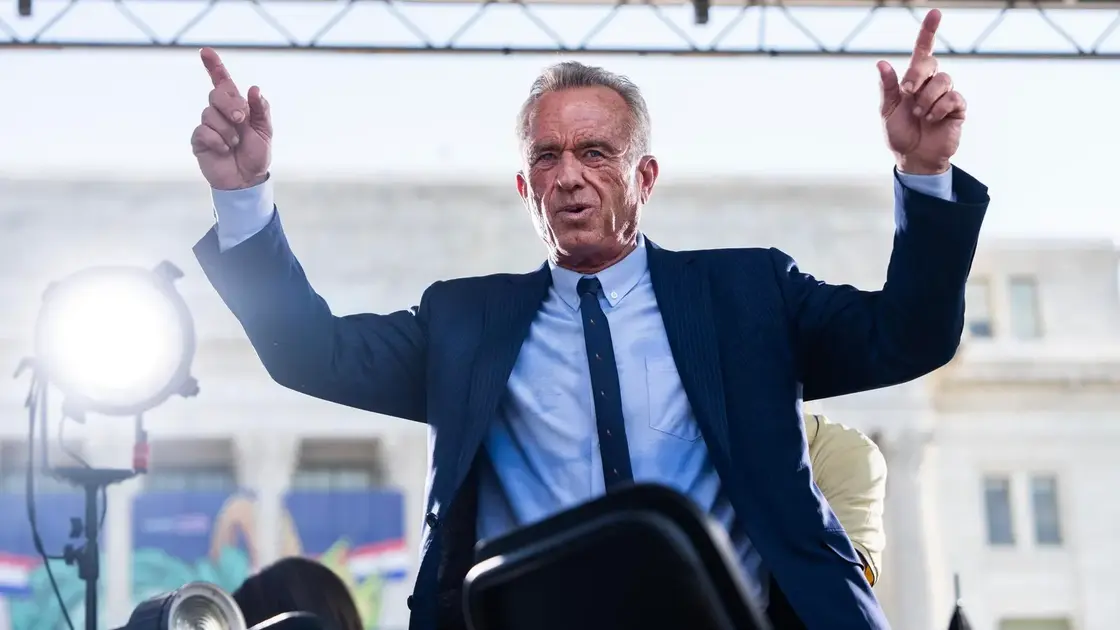
Kennedy Cancels Major mRNA Vaccine Funding

Trump administration cancels mRNA vaccine funding
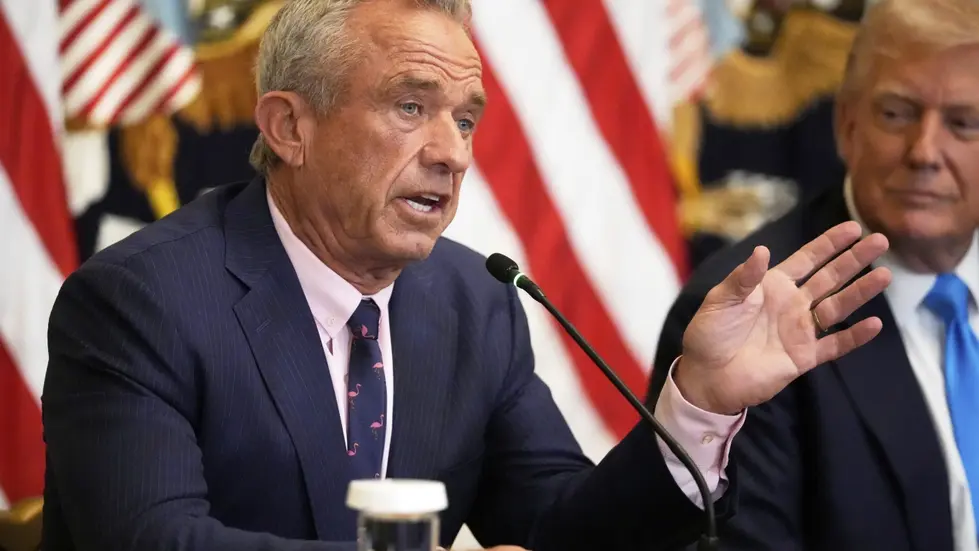
RFK Jr. ends $500 million funding for mRNA vaccines
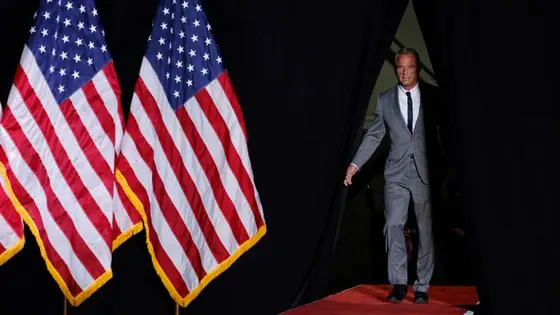
mrna vaccine funding cut
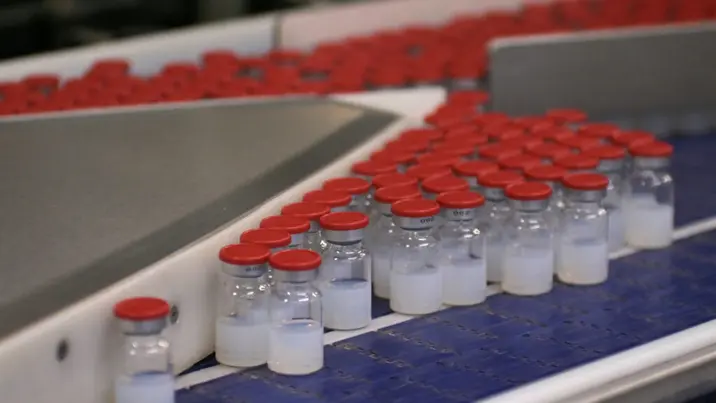
HHS halts mRNA vaccine funding
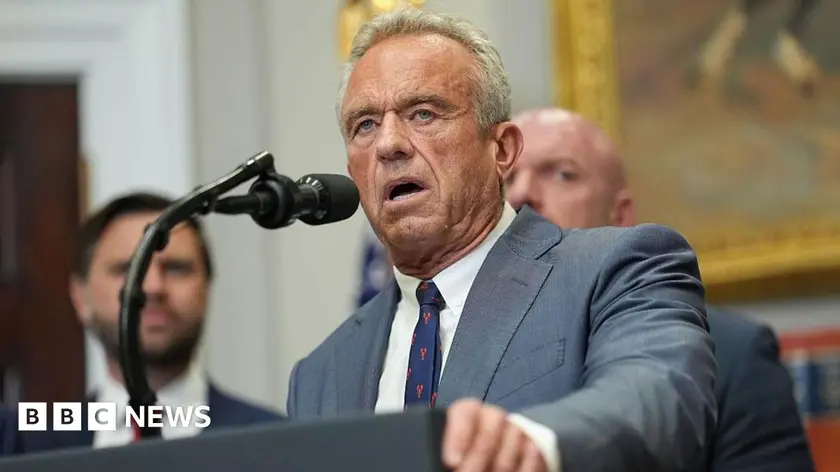
RFK Jr cancels funding for mRNA vaccines
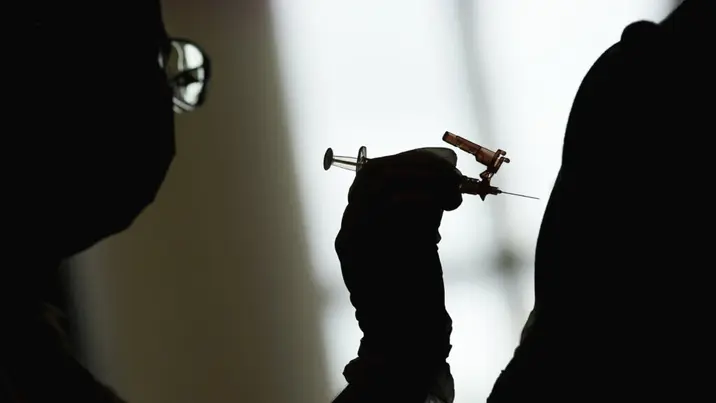
Kennedy mRNA funding cut raises national security concerns
